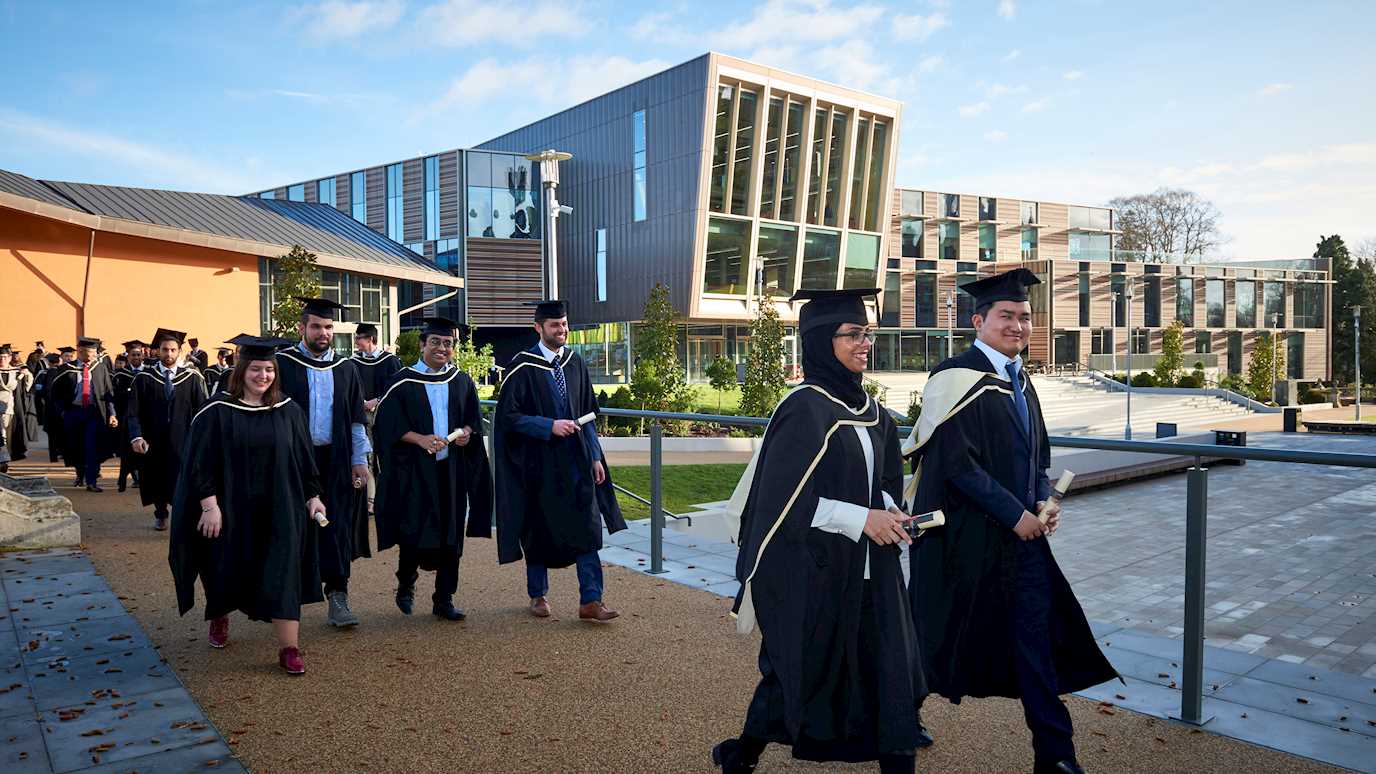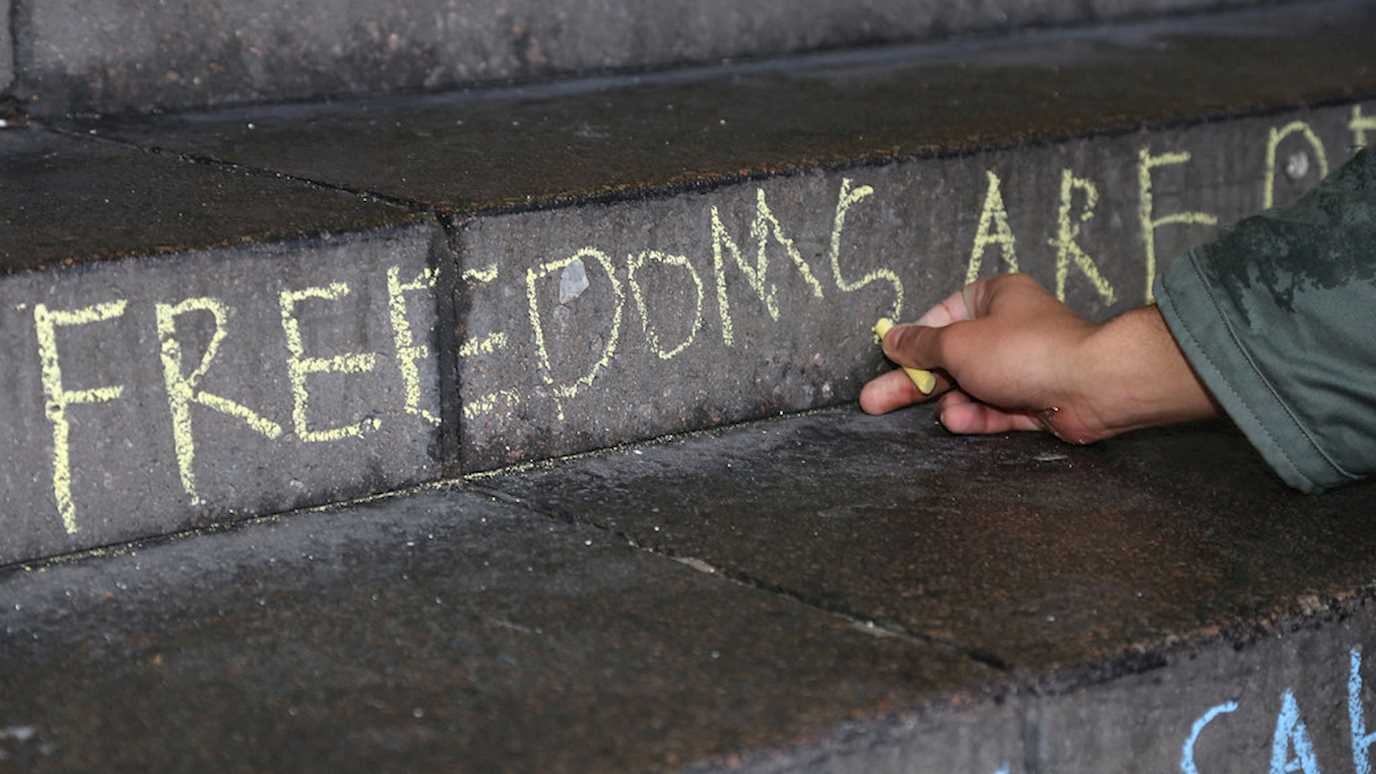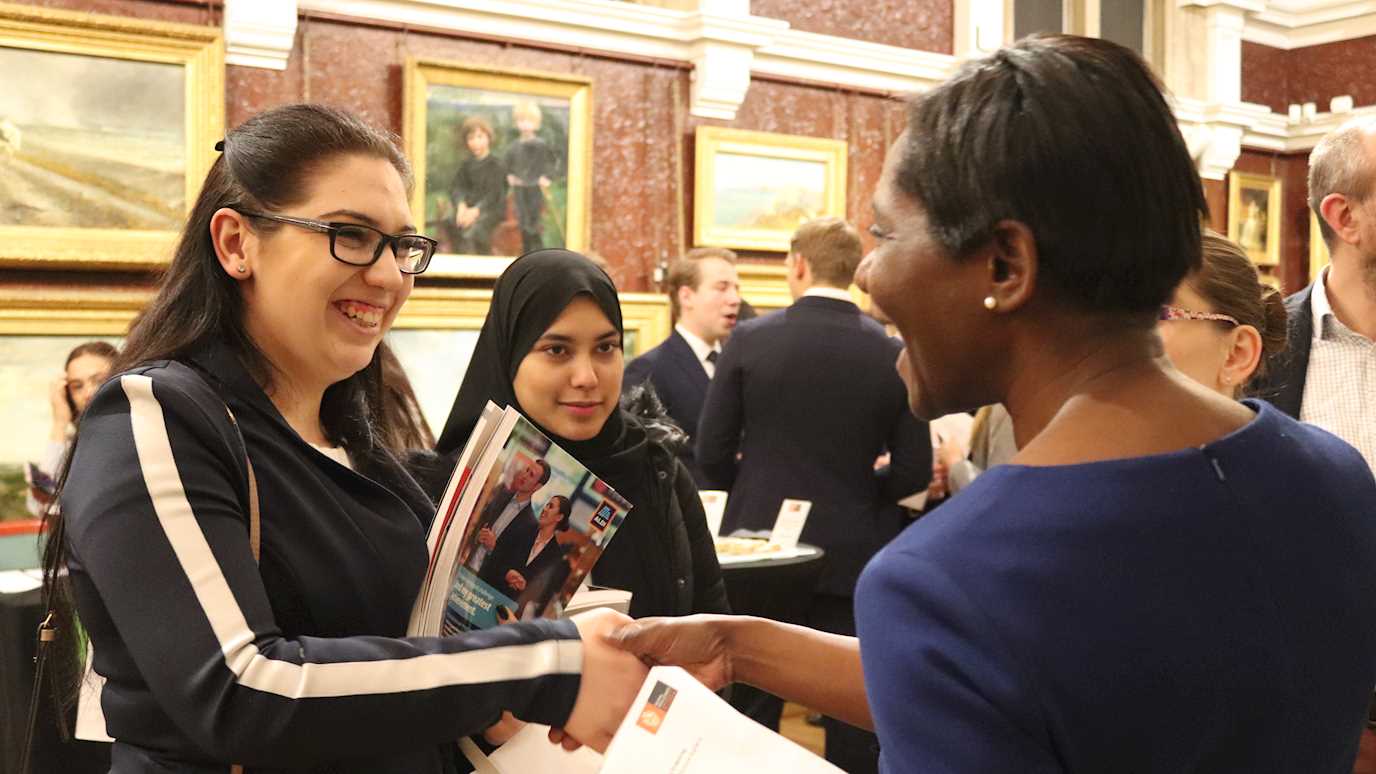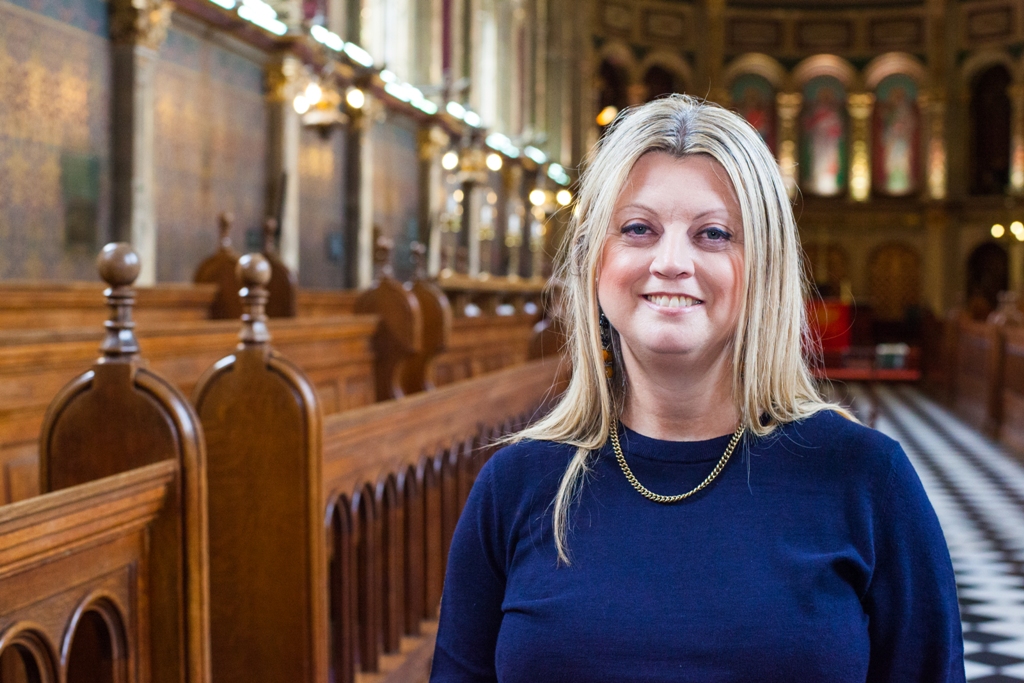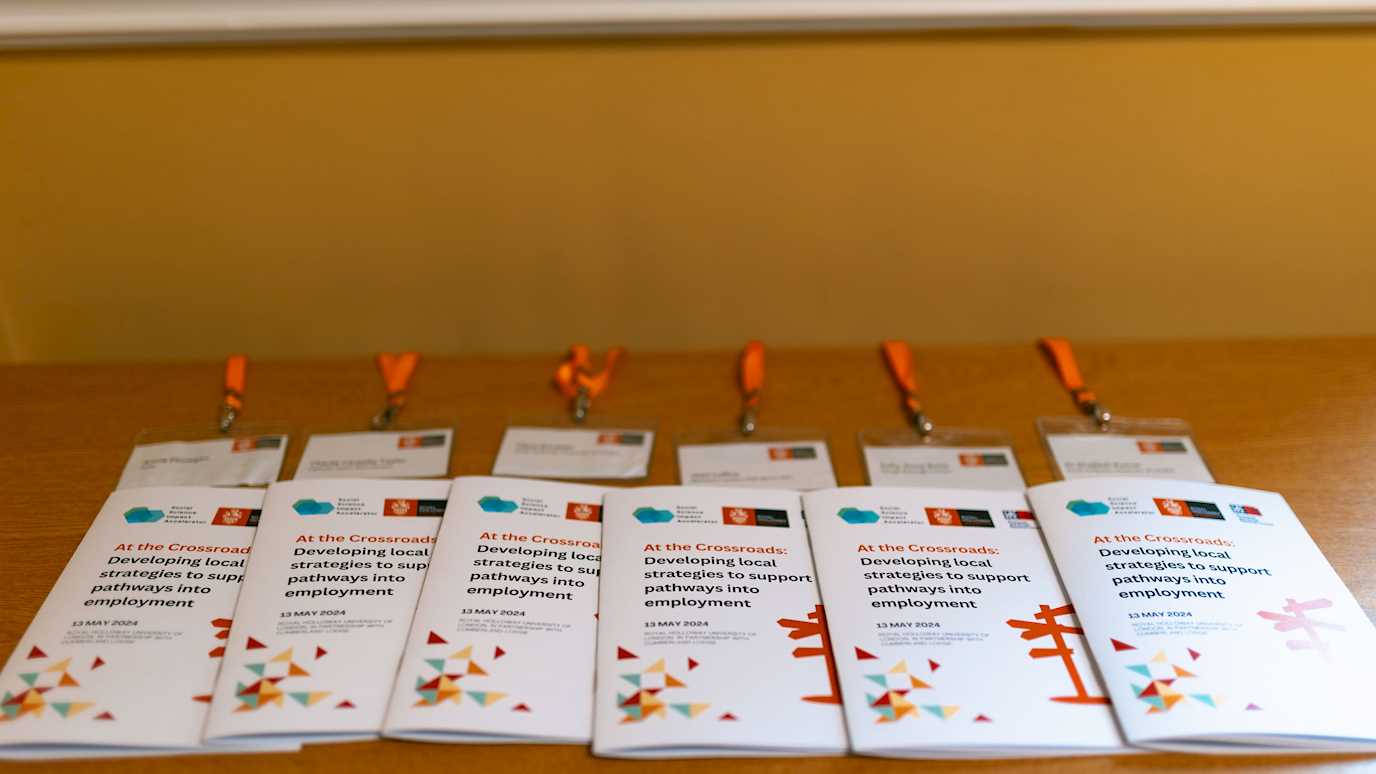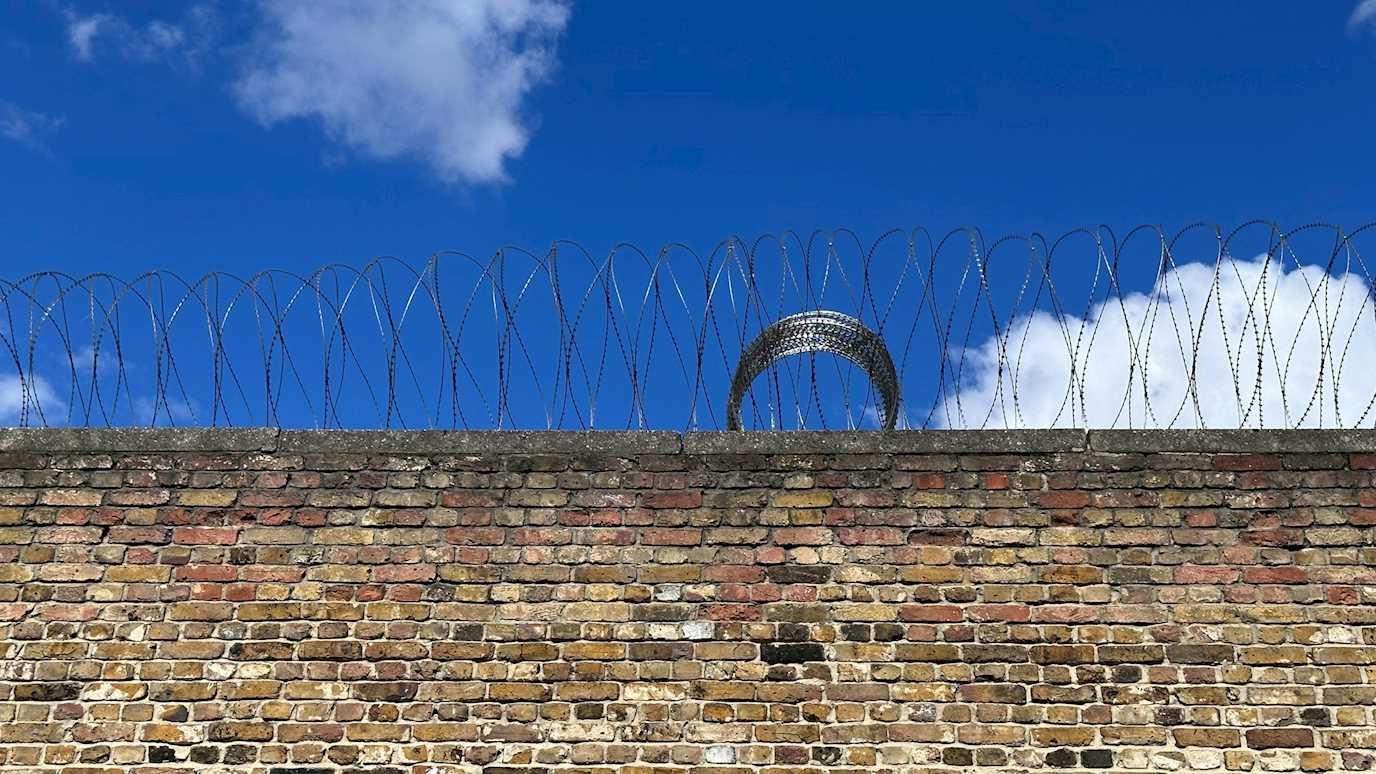Marton Ribary was among invited speakers of the first ever Legal Records Jamboree at The National Archives on Monday 26 June 2023 which featured legal historians, record keepers and digital humanists.
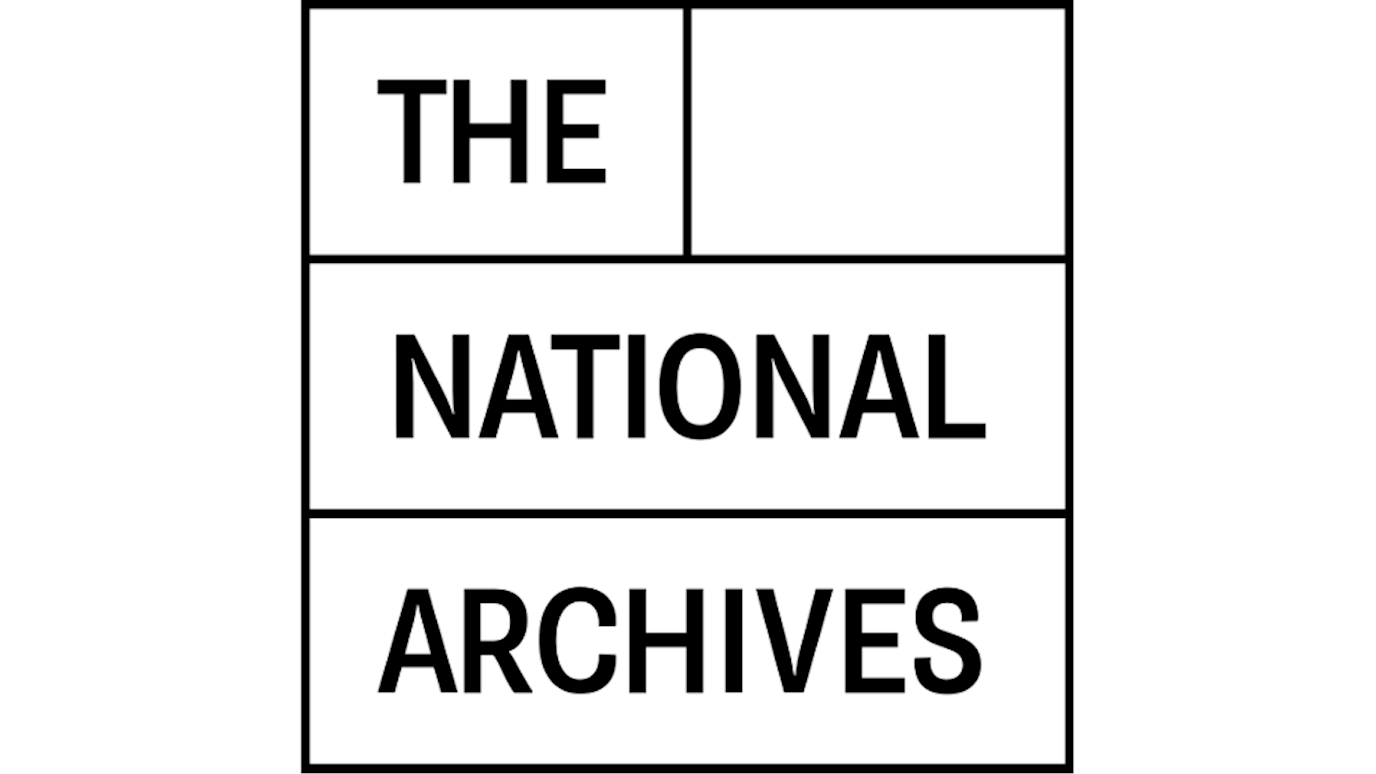
The first ever Legal Records Jamboree at The National Archives was envisioned by Charlotte Smith as a democratic and eclectic exercise in knowledge sharing and dialogue creation – bringing together a variety of different people and groups with an interest in legal records. Marton Ribary’s “digital contribution” reflected on our perception of (the originality) of legal texts before and after the Gutenberg era.
The Legal Records Jamboree was hosted by The National Archives and generously supported by The Journal of Legal History/Taylor Francis and British Online Archives. The three sessions of the Jamboree began with a series of short (5-minute) presentations in the Auditorium on the first floor of The National Archives, during which speakers introduced their chosen document in a sort of “documentary speed-dating”. Participants then moved to the Map Room on the second floor for an opportunity to view and discuss the documents. Presenters were available during this time to talk about their documents and answer questions.
As one of two digital contributors, Marton Ribary spoke about the scholarly “obsession” with the original text (Urtext) fuelled by the we perceive text in the Gutenberg era. Marton introduced the topic by saying a few words about the Index 2.0 project which aims at creating an interactive digital database of about 75,000 text critical comments on the juristic fragments preserved in Emperor Justinian’s historical sourcebook of Roman law, the Digest (533 CE) which are brought together in the Index Interpolationum (1929-1925). The so-called hunt for interpolations justified its mission by pointing to an imperial constitution in which Emperor Justinan urged his editors to adapt the selected juristic fragments for doctrinal consistency and eloquence. A few centuries later, Moses Maimonides (12th century CE) urged the readers of his autograph manuscript to correct mistakes in his code of Jewish law, the Mishneh Torah, in a very similar fashion. The perception of the written text as an admittedly imperfect surrogate of the original idea was replaced by Gutenberg’s printed press which called the reproducible and unchangeable “original text” to life. The Gutenbergian perception was then projected to texts created and transmitted in the pre-print era, occasionally resulting in overblown text-critical obsessions with the “original”. Marton suggested that the current digital infrastructure is still used to protect the Gutenbergian perception, but there is a chance that we are at the dawn of a new era in which printed documents, computer codes, audio recordings and other media could become perceived again as mere surrogates of an original idea underneath.
Other contributors talked about selected legal records shedding light on coroners’ practice in the North of England in the 19th century (Helen Rutherford), “unhappy wives” in divorce litigations in the 18th-19th century (Emily Ireland), a public execution in Portsmouth harbour in the 17th century (Ralph Thompson), pirates on the Irish Sea in the 17th century (Graham Moore), and the sad story of the “lorry girls” in mid-20th century (Jessamy Carlson) among many others.
Contributors and the shelf mark of the legal records (or topic) of their choice are listed below:
Session 1:
Charlotte Smith - LCO 2/7977 (1963)
Rebecca Probert - LO 2/975 (1957)
Bob Shoemaker - CRIM 4/1758 (1948)
Mark Wilde - MT 6/3467 (1933)
Michael Lobban - CO 879/103/2 (1899)
Elena Cooper - KB 1/276/1 (1868)
Marton Ribary – Digital Contribution
Václav Janeček - Digital Contribution
Helen Rutherford - ASSI 45/72 (1857)
Ralph Thompson - ASSI 23/8 pt 1 (1777)
Oliver Finnegan - HCA 32/1857/26 (1689)
Ian Williams - SP 16/256 (1633)
Fleur Stolker - C 38/37 (1619)
Sean Cunningham - DL 5/4 (1504)
Session Two:
Ray Cocks - CAB 124/389 (1946)
Charlotte Smith - TS 27/163 (1920)
Jennifer Aston - J 77/708/1523 (1900)
Chantal Stebbings - IR 78/8 (1855)
Chris Day - CO 103/9 (1795)
Tim Hitchcock - TS 11/894/3042 (1742)
Clare Allison and Catherine Tabone - Legislation.gov.uk
Nicki Welch - Find Case Law
Emily Ireland - C 11/641/20 (1715)
Dan Gosling - E 133/162 (1700)
Ruth Selman - C 33/232 (1668)
Sally Gold - ASSI 45/7/1/291664
Graham Moore - HCA 1/47 (1609)
Sean Cunningham - KB 27/1028 (1518)
Session Three:
Jessamy Carlson - HO 45/24986 (1950)
Sascha Auerbach - HO 45/24683 (1916)
Catharine MacMillan - J 77/200/5324 (1877)
Amanda Bevan - C 31/18 (1645)
Dan Gosling - STAC 8/196/25 (1618)
Neil Johnston - C 106/153 (1600)
David Ibbetson - SP 12/268 (1598)
David Foster - C 78/17/7 (1560)
Laura Flannigan - REQ 2/8/175 (1526)
Gwen Seabourne - JUST 3/195 (1412)
Paul Dryburgh - C 270/21 (1399)











